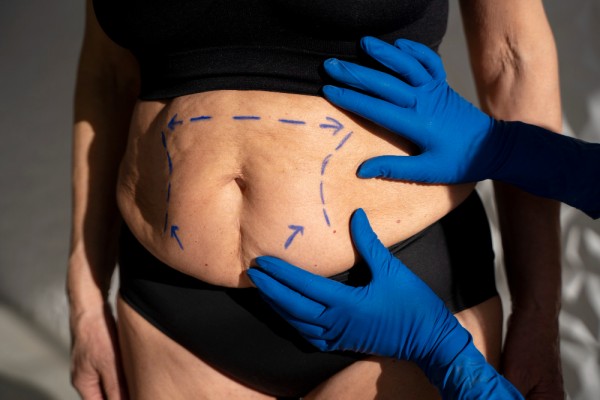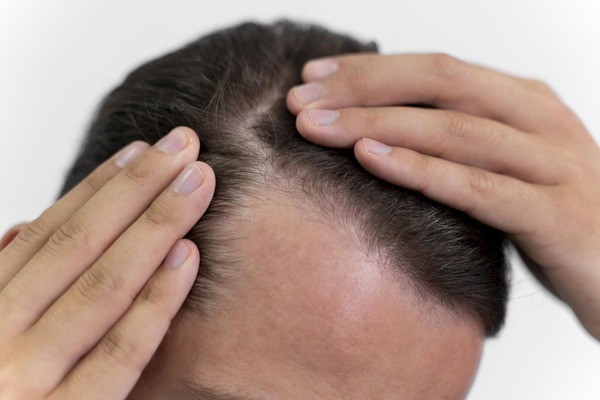
Factors Affecting The Cost Of Scar Removal Surgery
Scars can be a cause of distress and insecurity for many people. While some scars may fade over time, others may require surgical intervention to be removed. Scar removal surgery, also known as scar revision, is a procedure that involves the removal of scars and the rejoining of the skin. The cost of scar removal surgery can vary greatly depending on several factors. In this blog post, we will explore some of the factors that affect its price of it.
1. Type of Scar
The type of scar is one of the most important factors affecting the price of scar removal surgery. The severity, size, and location of the scar can all impact the cost of the procedure. Keloid scars, for example, are raised, thick scars that extend beyond the boundaries of the original wound. Keloids are notoriously difficult to treat, and their removal often requires multiple surgeries. As a result, keloid removal surgery can be more expensive than other types of scar removal procedures.
2. Surgeon's Experience and Reputation
The experience and reputation of the surgeon performing the procedure can also affect the cost of scar removal surgery. A highly skilled and experienced surgeon may charge more for their services than a less experienced surgeon. However, it is important to note that a higher price does not necessarily guarantee better results. Patients should always do their research and choose a surgeon who has a track record of successful scar removal surgeries.
3. Geographic Location
The location of the clinic where the procedure is performed can also impact the price of scar removal surgery. Clinics in urban areas with a high cost of living may charge more for their services than clinics in rural areas. In addition, some countries may have higher or lower healthcare costs than others. Patients should consider these factors when choosing a clinic and factor in travel costs when budgeting for the procedure.
4. Anaesthesia
Anaesthesia is typically required for scar removal surgery. The type of anaesthesia used can affect the price of the procedure. General anaesthesia, which puts the patient to sleep, is more expensive than local anaesthesia, which numbs only the area being treated. The type of anaesthesia used will depend on the type of scar removal surgery being performed and the patient's medical history.
5. Surgical Technique
The surgical technique used during scar removal surgery can also impact the price of the procedure. Some techniques, such as laser therapy, may be more expensive than others. The type of technique used will depend on the type of scar being treated and the patient's desired outcome.
6. Additional Treatments
In some cases, additional treatments may be required before or after scar removal surgery. For example, if the scar is located on the face, a patient may need to undergo additional treatments such as chemical peels or microdermabrasion to improve the appearance of the skin. These additional treatments can increase the overall cost of scar removal surgery.
7. Insurance Coverage
In some cases, scar removal surgery may be covered by insurance. If the scar is causing functional impairment, such as restricting movement or causing pain, insurance may cover the cost of the procedure. However, if the surgery is purely cosmetic, it is unlikely that insurance will cover the cost. Patients should check with their insurance provider to determine if they are eligible for coverage.
Conclusion
Many factors can affect the price of scar removal surgery. Patients should take the time to research their options and choose a surgeon who is experienced and reputable. They should also consider the type of scar, geographic location, anaesthesia, surgical technique, additional treatments, and insurance coverage when budgeting for the procedure. While scar removal surgery can be costly, the benefits of improved confidence and self-esteem may outweigh the financial cost for many patients.
Also Read: Things To Know About Acne Scar Removal Procedure In Kolkata









